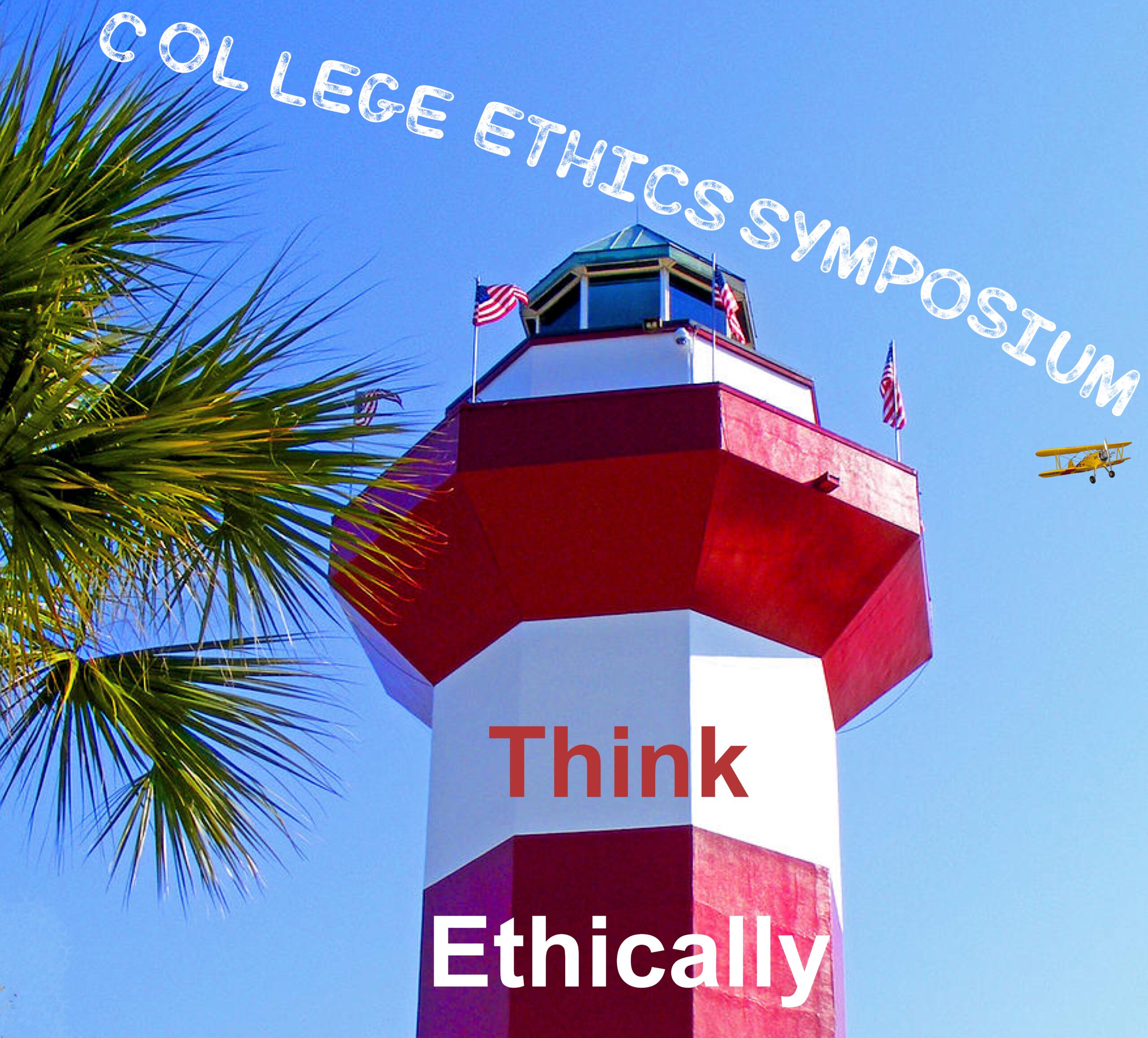Case #9 - Social Media: Ethical Issues and Moral Boundaries
Background
Social media has transformed communication, becoming a dominant force in personal, corporate, and political life. It has influenced global markets, elections, public health, and even international relations.
As of July 2025, there are approximately 5.41 billion social media users globally—about 65.7% of the world’s population. The average user engages with around 6.8 different platforms per month.
Facebook remains the largest platform, with over 3.07 billion monthly active users. Other major platforms include YouTube (~2.5 billion), WhatsApp (~2 billion), Instagram (~2 billion), and TikTok (~1.58 billion).
Meta Platforms (Facebook’s parent company) has a market capitalization of approximately $1.89 trillion USD as of September 2025, making it one of the most valuable companies globally.
Despite its benefits, social media remains lightly regulated. Rules vary by country: democratic societies often allow more freedom, while authoritarian governments enforce strict controls. Adoption has spanned generations, and its reach now cuts across cultures, business, education, and government.
Social networking sites encourage users to share personal information, while others allow anonymity, making accountability difficult. This creates opportunities for misuse—identity theft, harassment, stalking, loss of privacy through data mining, online victimization, and reputational harm. Disinformation campaigns, such as those run by foreign governments, have further raised alarm.
While platforms like Facebook and Twitter (now X) have faced pressure to moderate harmful content, their approaches to doing so remain inconsistent. Some reforms—like removing fake accounts—have been reversed. At the same time, governments, businesses, and advocacy groups call for stronger ethical guidelines. One notable effort was the Ten Commandments of Computer Ethics, published by the Computer Ethics Institute.
Scenario 1: Sexting and Reputation
Anne, a 19-year-old college student, began dating Sam, a popular senior. Under pressure from him, she sent nude photos as a “birthday gift.” Weeks later, the photos circulated among classmates after Sam shared them with friends. Anne’s reputation suffered, her academics declined, and she withdrew socially. Sam dismissed the situation as an “accident” with “no harm, no foul.”
Questions for Discussion
Who is responsible for the harm—Anne, Sam, his friends, or all of them?
Can Anne realistically repair her reputation?
Did the students consider the ethical consequences of sharing private images?
Should sexting be illegal, or is it a private matter? Where should the line be drawn?
Will this incident remain a permanent part of Anne’s record?
Given the suicides linked to sexting scandals, should there be legal penalties?
Do apps like Snapchat, which delete images, change the ethical issues?
What role should ethics and morality play in online behavior on platforms like Instagram, Snapchat, or TikTok?
Scenario 2: Social Media and Career Opportunities
Bob, a management employee in a consumer goods company, had an impressive track record and was a candidate for a high-risk project. During the vetting process, executives reviewed his social media history and found posts from his college years that involved online bullying and personal attacks. Although they considered them youthful mistakes, they concluded he lacked the maturity for the assignment.
Questions for Discussion
Should employers be allowed to review social media activity from outside an employee’s work life?
Does posting on social media waive an individual’s right to privacy?
Should Bob have disclosed his past online behavior to his employer?
When do employee rights outweigh company interests, and vice versa?
At what point should youthful mistakes no longer affect professional opportunities?
Scenario 3: Fake News and Public Trust
During the COVID-19 pandemic, social media became a battleground for information. Public health updates from the CDC were often misrepresented, while conspiracy theories spread rapidly online. Fact-checkers issued corrections, but sensational and misleading posts received more attention than verified information. Platforms faced pressure to protect public health while preserving freedom of expression—and profits.
Questions
What responsibility do social media companies have in moderating content?
How should users respond to false or divisive posts?
How can governments protect public welfare without undermining free speech?
How do you personally decide which sources are trustworthy on issues like pandemics or climate change?
Closing Reflections
“The most dangerous thing about power is to employ it where it is not applicable.” – David Halberstam

